Brunei Darussalam is still heavily reliant on oil and gas, affecting the country’s overall economic performance during uncertain periods in the energy market, said Permanent Secretary (Economy, Trade and Industry) of Ministry of Finance and Economy Dr Hajah May Fa’ezah binti Haji Ahmad Ariffin yesterday.
“For the first quarter of this year, the non-oil and gas sector grew by a remarkable 6.2 per cent. In 2021 and 2022, as well as for the first five months of this year, the value of our non-oil and gas exports exceeded that of our oil and gas exports.
“However, these positive growths of the non-oil and gas sector are not sufficient to drive the overall economy,” she said during the 4th International Conference on Business, Economics and Finance 2023 at Universiti Brunei Darussalam.
The permanent secretary said, “One of the great challenges that the world is facing is climate change,” adding that no one is spared from the devastating effects.
“So for a country that has depended on oil and gas for many decades, we need to be more strategic than others, because it is no longer a choice,” she said.
“We need to move away from this sector as soon as possible. This poses a question as to how are we going to generate economic growth and sustain it, when we are faced with such a constraint.”
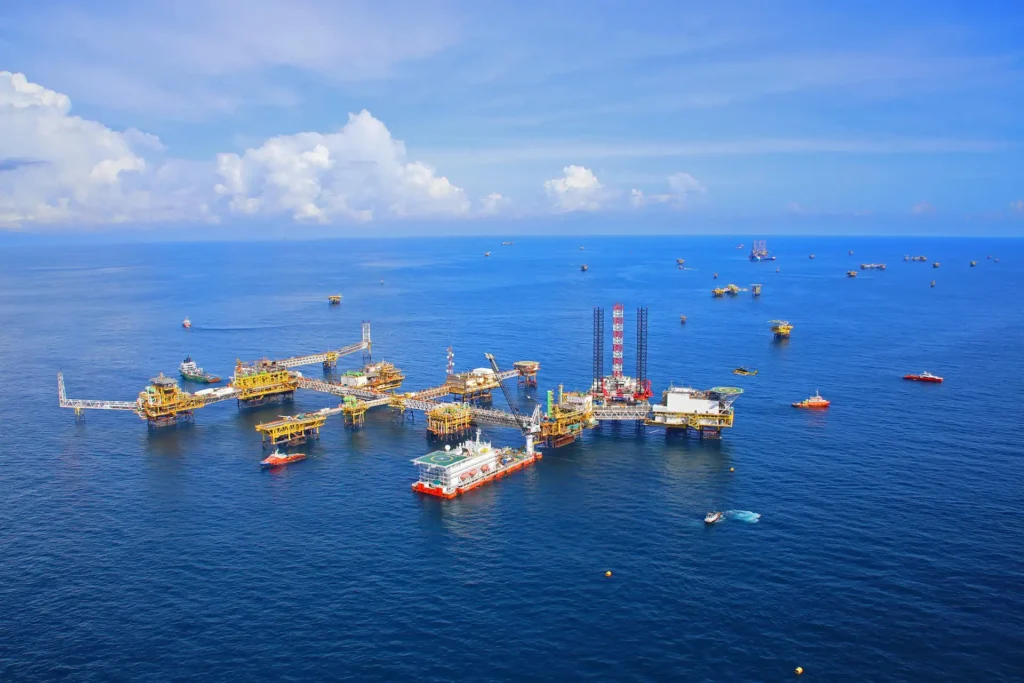
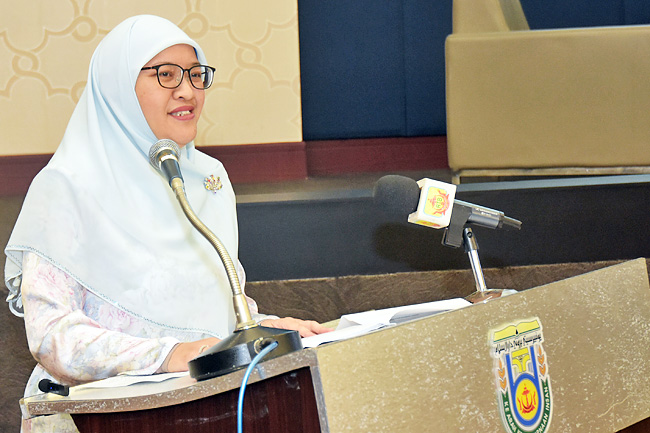
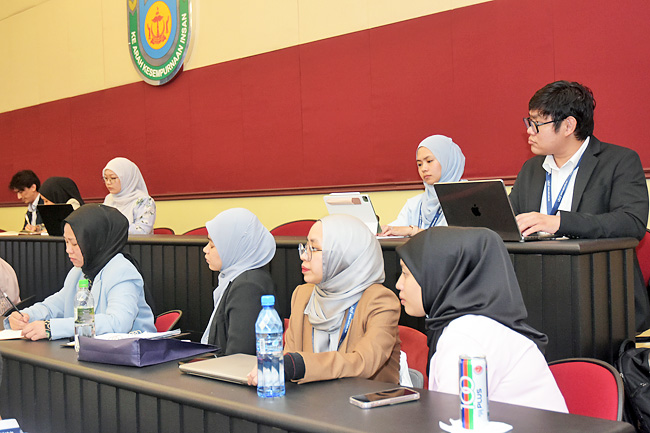
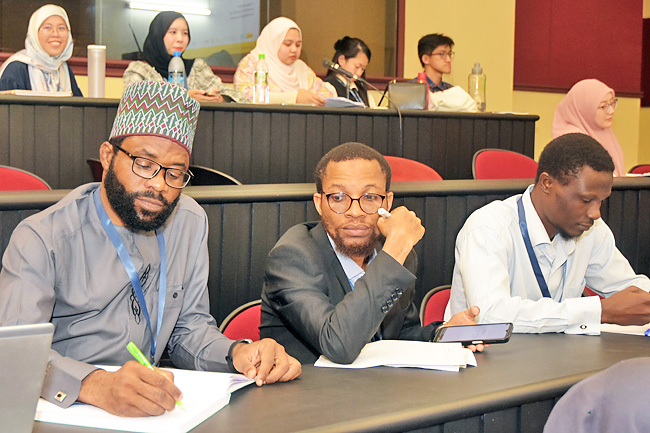
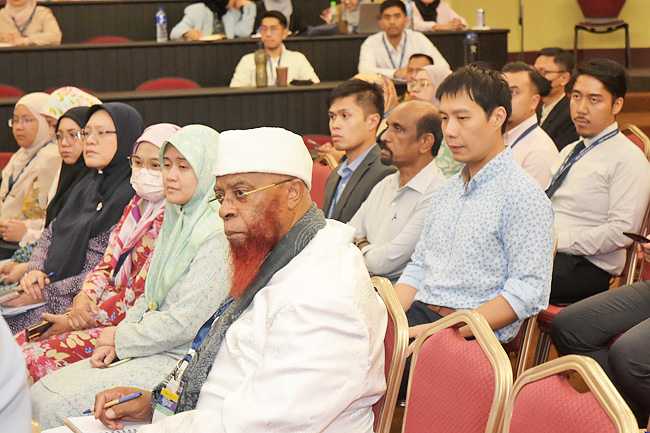
Attracting quality and relevant FDI is crucial in diversification efforts and to develop the country’s private sector through spin-off economic activities and generate more employment opportunities, she said.
She said improving the country’s regional and global connectivity is also priority. “This will help our businesses and people expand to external markets,” she said, citing the example of the first direct shipping route in April 2023 between Muara Port to Qinzhou, China, that will serve to further support direct access and facilitate trade between Brunei Darussalam-Indonesia-Malaysia-Philippines East ASEAN Growth Area (BIMP-EAGA) and China.
She said the government will also continue to ensure the provision of high-quality infrastructure to help support and propel the society towards higher living standards and safeguard their welfare in an ever-evolving economic landscape that has been increasingly digital and technologically-transformed.
This includes areas of telecommunication, such as the launch of the 5G network; and education, such providing upskilling and reskilling courses, as well as launching future-ready courses.
Dr Hajah May Faezah then cited the several significant improvement made towards socio economic progress in the country.
In terms of employment, Brunei’s unemployment rate has fallen from 9.3 per cent in 2017 to 5.2 per cent in 2022; the proportion of the labour force that has attained tertiary education rose from 17.1 per cent in 2017 to 24.6 per cent in 2022.
In the areas of utility coverage, the Internet penetration rate is more than 100 per cent while water and electricity coverage remains high at 99.9 per cent. – James Kon






